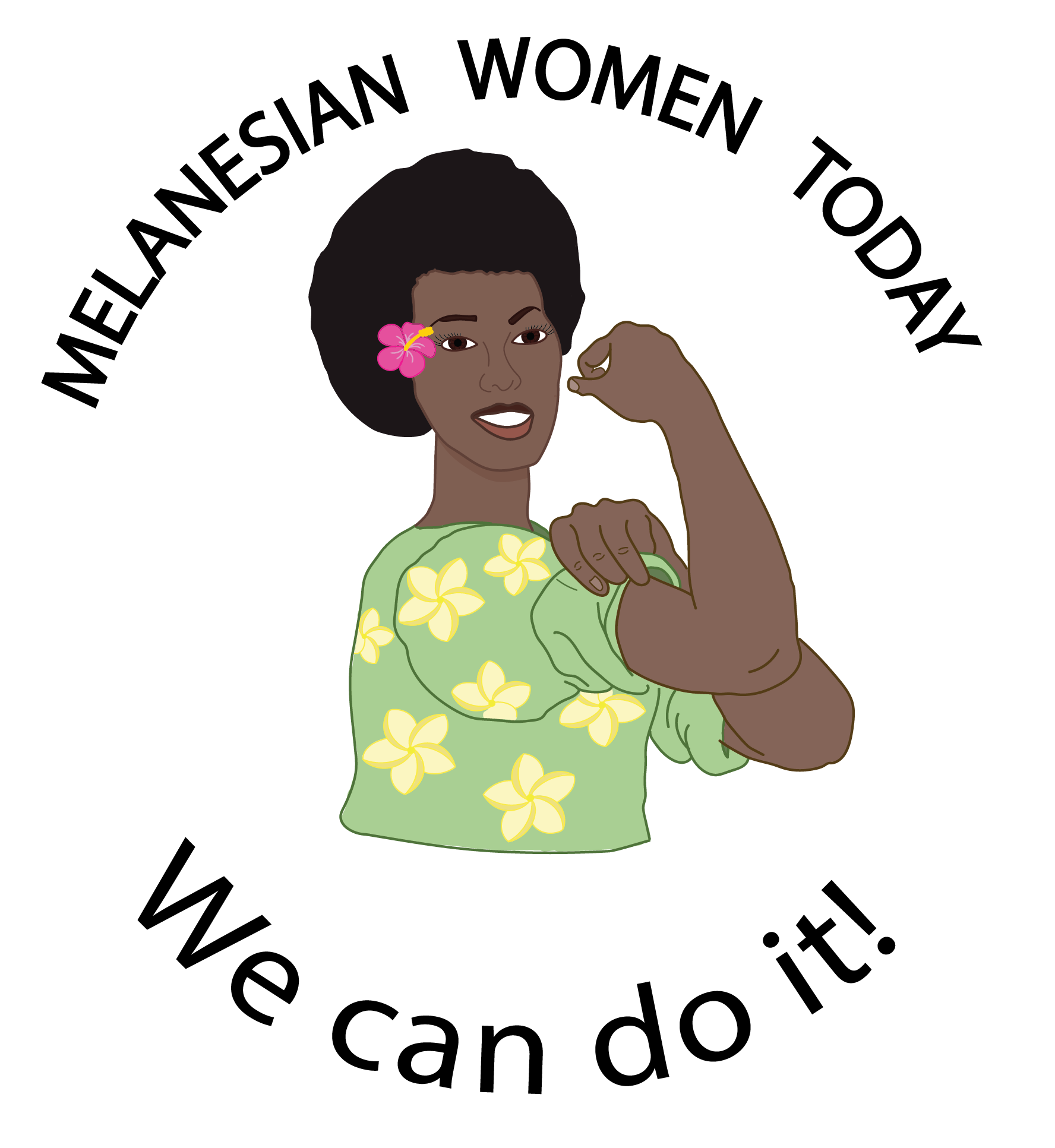Diversity in Psychology: Bridging Gaps and Breaking Barriers Episode 33
Welcome to 'COMING TO THE MAT,' on Pacific Diaspora in the Spotlight, where we dive deep into the lives and stories of Pacific islanders making waves in the diaspora. In today's episode for 2024, we're honored to explore the fascinating world of psychology with Gabrielle Tor, a compassionate student counselor on her journey to a Masters in Applied Clinical Psychology at Pacific University in the State of Oregon in the US. Join us as we uncover her experiences, her unwavering dedication to supporting survivors of domestic violence, and her mission to ensure psychology care embraces diversity." Clinical psychology is all about helping people deal with mental health challenges. To become a clinical psychologist, you usually need a bachelor's degree, and many also go for a doctoral degree (like a Ph.D. or Psy.D.). This path involves practical training, like internships, and getting licensed to practice. Clinical psychologists work in different places, from hospitals to private practices, where they help individuals facing mental health struggles. They may specialize in areas like child psychology or forensic psychology. Essentially, studying clinical psychology means learning psychological theories, research methods, and practical skills to assist those with mental health concerns. She leaves us with the question to ponder on: How can we ensure that psychology care is inclusive and supportive of diverse communities in the US?
